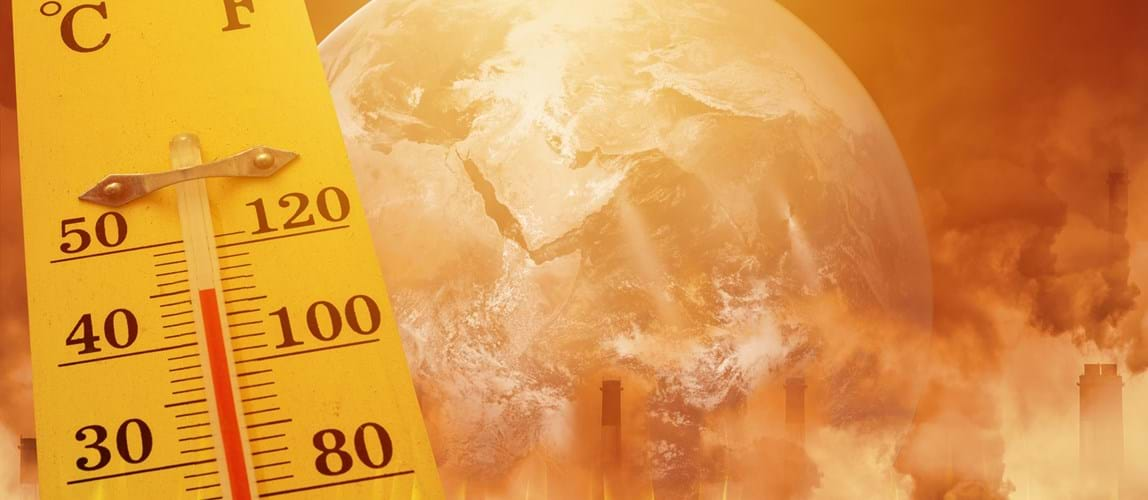Water
Webinar: Planetary Boundaries Series - Climate Change

- Date From 11th March 2025
- Date To 11th March 2025
Overview
What are planetary boundaries and why are they relevant for Chemical Engineers?
This series will focus on the six planetary boundaries (PBs) we are breaching and the role of water and those working in water to support sustainable solutions and meaningful action. This first webinar in our 2025 Water SIG x Planetary Boundaries series will focus on the Climate Change PB - highlight how the water sector contributes to climate change but most importantly how it has an oversized opportunity to support climate mitigation and adaptation.
The water sector is a significant contributor to climate change through the greenhouse gas emissions of nitrous oxide (N2O) and methane (CH4) - wastewater treatment contributing some 5% of global anthropogenic N2O and 6% of global anthropogenic CH4 emissions. This webinar will present an overview of the water sector and climate change and opportunities for industry practitioners to understand the importance of GHG emissions in treating water and wastewater whilst also reducing the sector's contribution to greenhouse gas emissions.
The webinar will highlight the linkages between reducing GHG emissions and move towards circular economy and how this supports acting on other PBs beyond the climate change PB. The event will explore the links between GHG emissions and holistic nutrient management, the challenge of carbon emissions in water reuse and desalination and treating emerging contaminants and both challenges and opportunities in nature based treatment solutions.
Speaker
Amanda Lake, Head of Carbon and Circular Economy, Jacobs
Amanda is a Chartered Chemical Engineer with 23 years' experience working in the water sector. Based in Scotland, she is Head of Carbon and Circular Economy in Jacobs' Water Europe business where she is a technical lead for projects focused primarily on resource recovery, measurement and mitigation of methane and nitrous oxide and carbon quantification.
The material presented in this webinar has not been peer-reviewed. Any opinions are the presenter's own and do not necessarily represent those of IChemE or the Water Special Interest Group. The information is given in good faith but without any liability on the part of IChemE.
Sponsorship
IWA Climate Smart Utilities
Webinar recording
If you are unable to view the recording below, please click the settings icon in the lower-left corner, enable the “Analytics” option, save your changes, and refresh the page. This will give consent for the website to load the content and perform other functions.
Back to events